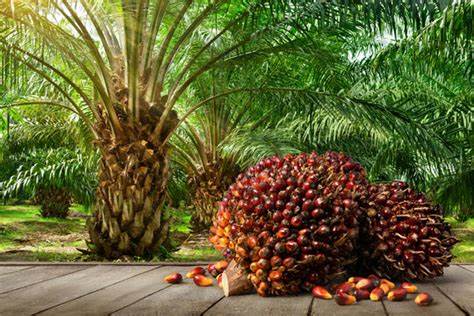
Guwahati, April 8: In a move that could reshape Assam’s iconic tea landscape, the state Agriculture Department has called a high-stakes meeting to discuss oil palm cultivation within tea estates — a proposal that has stirred both interest and concern across the industry.
The meeting, set for April 10 at 4 PM at the Directorate of Agriculture in Khanapara, Guwahati, is expected to bring together key players from Assam’s tea sector and senior government officials. Chaired by the Commissioner & Secretary and the Agriculture Production Commissioner, the discussion will focus on the scope and implications of integrating oil palm into the traditionally tea-dominated terrain.
This initiative falls under the National Mission on Edible Oils – Oil Palm (NMEO-OP), currently active in 18 notified districts of Assam. With the state recently designating oil palm as a cash crop, tea estates are now permitted to grow oil palm in up to 5% of their total area — a shift seen by many as both a lifeline and a lightning rod.
The government has invited heavyweight stakeholders to the table, including NETA, ABITA, TAI, BCP, NECSTGA, and the Surma Valley Branch of ITA. The hybrid format of the meeting aims to ensure broad participation, and links are expected to be shared soon.

The idea of cultivating oil palm in tea estates gained traction after the North Eastern Tea Association (NETA) pushed for policy support, citing the urgent need for economic diversification and better land use. Following their formal request on February 4, 2025, the Ministry of Agriculture & Farmers Welfare gave the green light on April 1.
While supporters hail the decision as visionary — offering a financial cushion to struggling tea gardens — critics warn of long-term risks. Environmentalists and some planters have raised alarms over oil palm’s ecological impact, its water demands, and the potential shift in focus from quality tea production to short-term profit crops.
“This could be a game changer or a gamble,” said an industry insider. “It all depends on how it’s implemented and who really benefits.”
The April 10 meeting is expected to be anything but routine, with industry veterans, growers’ associations, and policymakers grappling with a pivotal question: Can Assam’s tea gardens grow oil palm without losing their soul?
The coming days may reveal whether Assam is brewing a bold new blend — or risking a bitter aftertaste.





